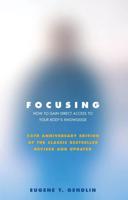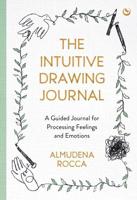Publisher's Synopsis
In its simplest and most concise form emotional intelligence (referred to emotional intelligence as EI, or emotional quotient as EQ) is the ability to identify, use, understand, and manage your own emotions in positive ways to relieve stress, communicate effectively, empathize with others, overcome challenges, and defuse conflict. This ability also allows us to recognize and understand what other are experiencing emotionally. This recognition and understanding is, for the most part, a nonverbal process that informs thinking, and influences how well you connect with others. Emotional intelligence differs from how we think of intellectual ability, in that emotional intelligence is a learned not acquired. This learning can take place at any time in life so the social and emotional skill set, known as emotional intelligence, is something we can all have. People who are considered to have high EI can solve a variety of emotion-related problems accurately and quickly. They can correctly perceive emotions in faces of others, and what the emotions convey. For instance, they know that angry people can be dangerous, happy people want to relate with others, and sad people often prefer to be alone. High EI people are also adept at managing their own as well as others' emotions. they know how to use emotional episodes in their own lives to promote specific types of thinking. Solving problems requires less cognitive effort for those high in EI. These individuals also tend to be higher in verbal, social, and other intelligences. They are generally more open and agreeable, and are drawn to occupations involving social interactions such as teaching, counseling and interacting with others. To learn more about emotional intelligence continue reading this book.










